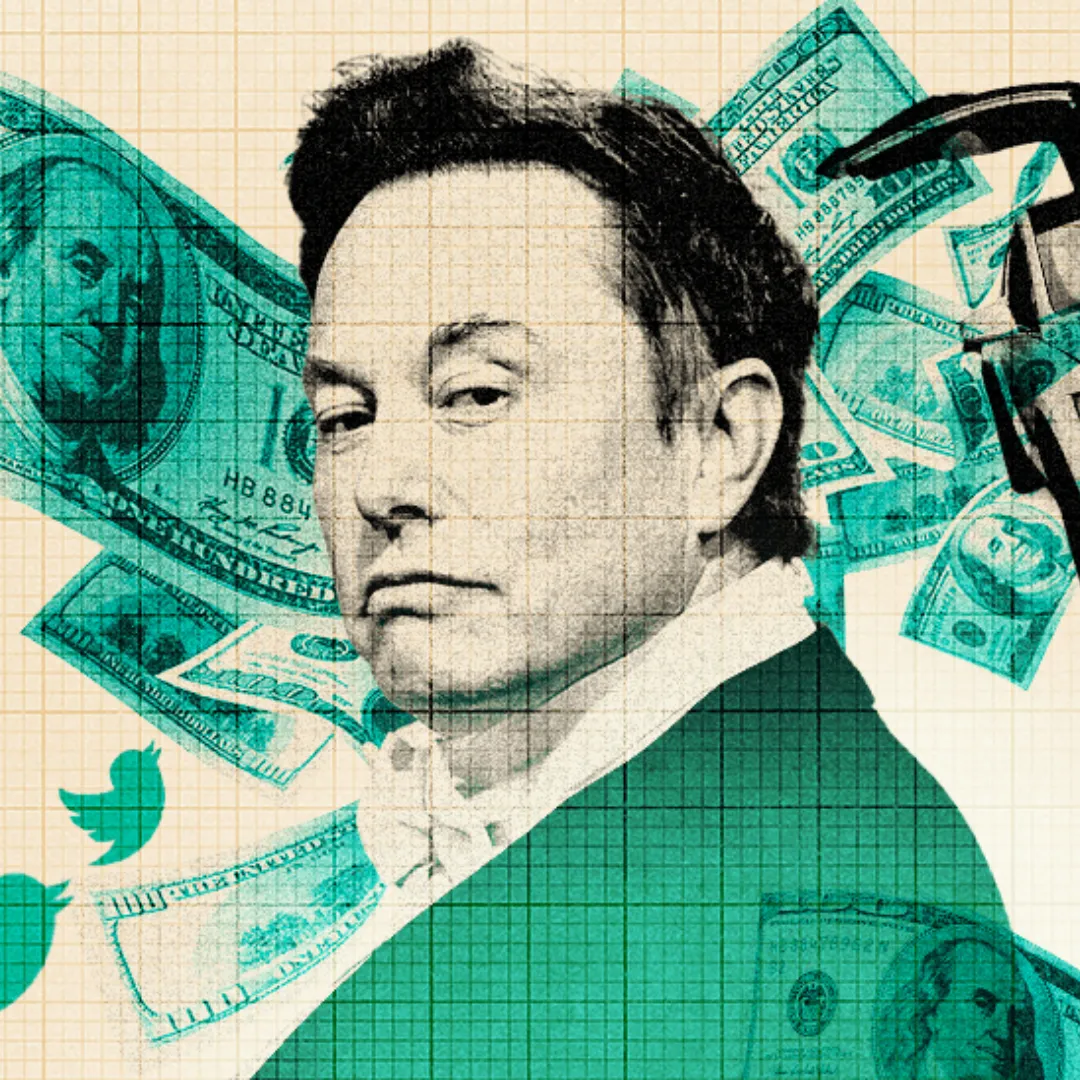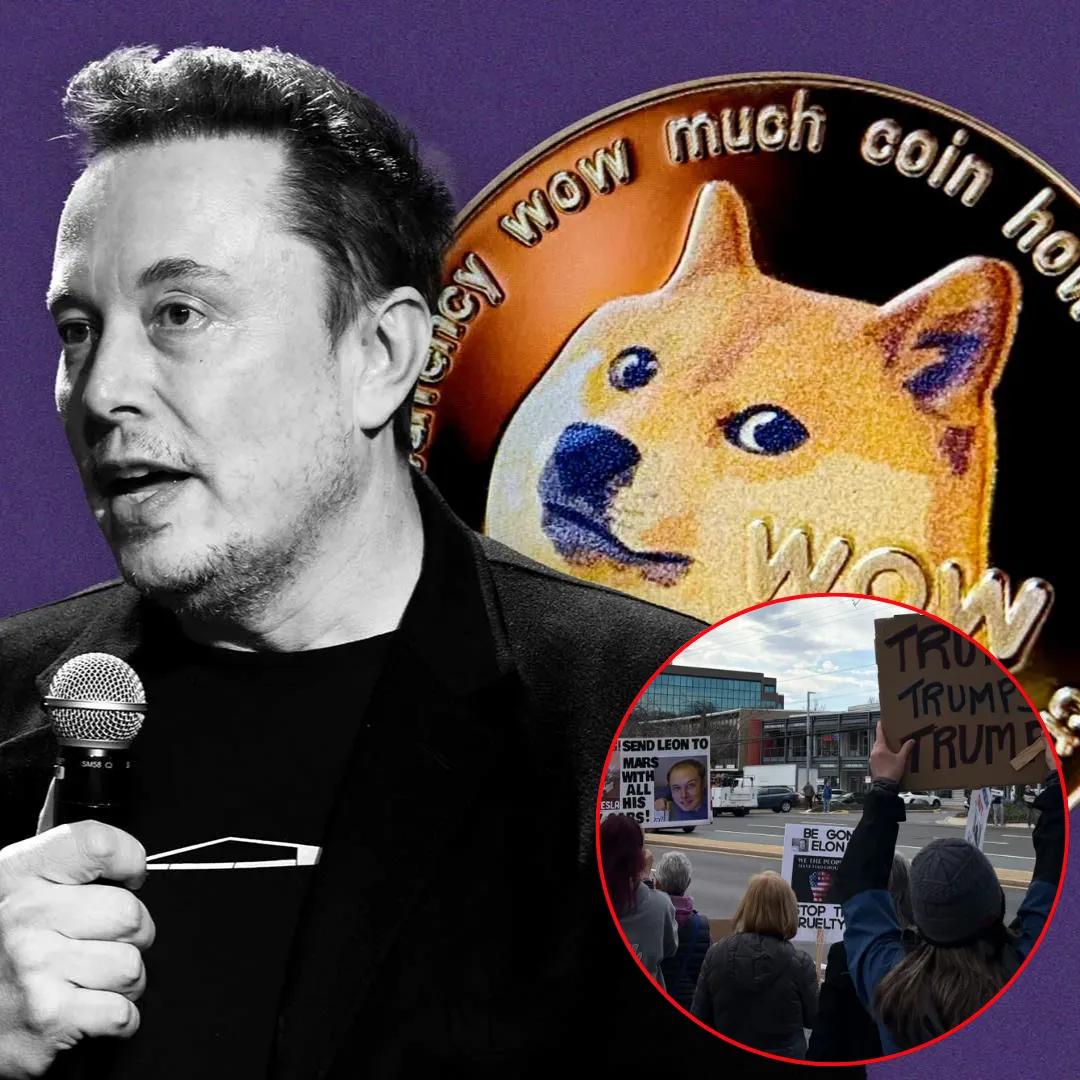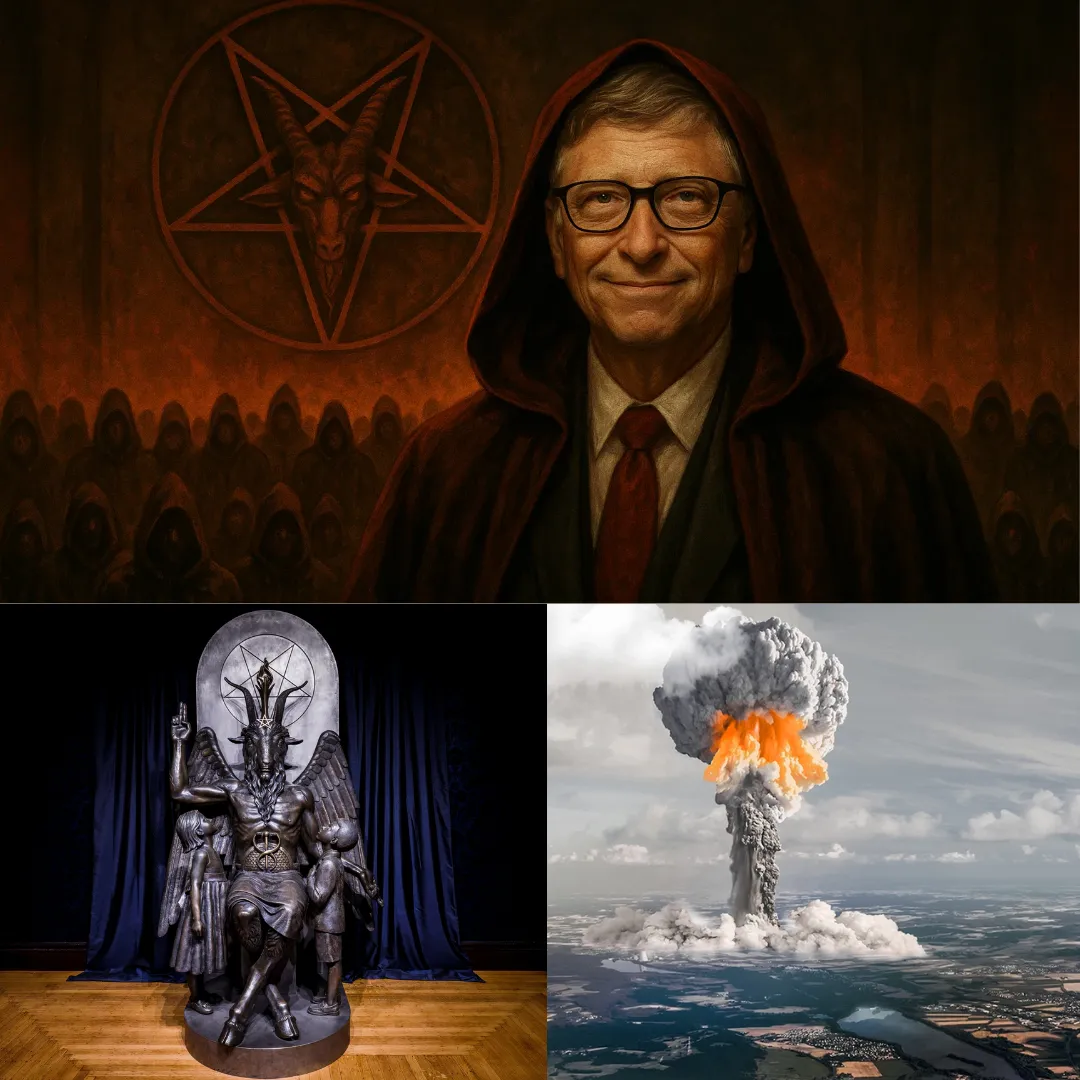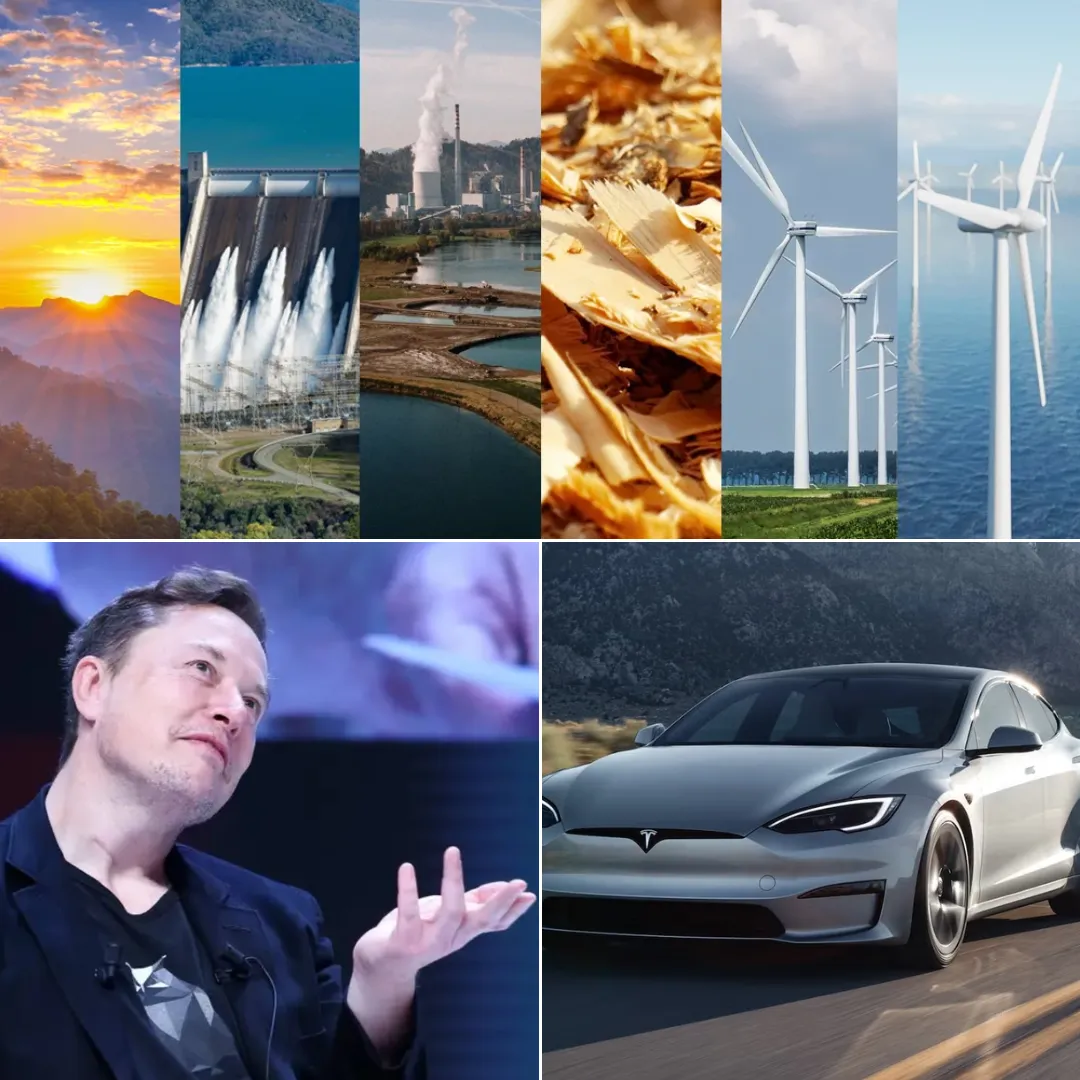
The year 2025 has proven to be a rough ride for many of America’s richest billionaires, particularly those who have publicly supported former President Donald Trump. Elon Musk, Mark Zuckerberg, and Jeff Bezos—names synonymous with technological innovation and vast wealth—have collectively lost tens of billions of dollars in net worth due to market volatility fueled by Trump’s controversial tariff policies.
According to reports from Bloomberg’s Billionaires Index and various market analysts, these three giants of the tech industry have experienced a staggering erosion of their fortunes.
Tesla’s Elon Musk has seen his net worth plummet by an astonishing $143 billion this year alone, a loss unparalleled even by the wild swings of the stock market. Amazon’s Jeff Bezos has not fared much better, with his net worth shrinking by around $44 billion. Meanwhile, Meta’s CEO Mark Zuckerberg has witnessed a $26 billion decrease in his personal wealth.
These losses come on the heels of a broader market shakeup triggered by President Trump’s tariff announcements, which sent shockwaves across global financial markets.
On April 3rd and 4th, a two-day sell-off wiped out more than half a trillion dollars from the portfolios of the world’s 500 richest people, signaling deep investor anxiety about the impact of protectionist trade policies on the economy.
The tariffs, aimed ostensibly at protecting American industries and jobs, have had unintended consequences, rattling supply chains and prompting fears of retaliatory measures from trade partners. Investors responded swiftly, selling off equities perceived as vulnerable, including many tech stocks linked to Musk, Bezos, and Zuckerberg.
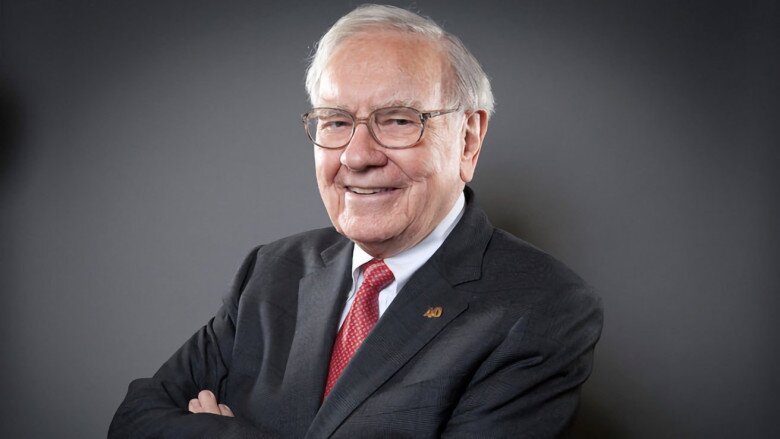
Yet amidst this sea of red ink, one notable figure stood apart: Warren Buffett. The Berkshire Hathaway CEO and legendary investor defied the trend by not only weathering the storm but actually increasing his net worth by nearly $12 billion in 2025.
This remarkable performance has placed Buffett among the few American billionaires to gain wealth amid the widespread economic uncertainty.
Buffett’s resilience is a product of his famously cautious investment approach. In a time when many investors were chasing high-risk, high-reward opportunities, Buffett opted to build an unprecedented cash reserve, hoarding $334 billion by the end of 2024.
This war chest gave him the flexibility to avoid making hasty investments in a market he deemed unattractive.
In his annual letter to shareholders dated February 22, Buffett candidly acknowledged that he had refrained from deploying his cash because “nothing looks compelling.” His patience and prudence contrast sharply with the aggressive expansion and risky bets often associated with other billionaires.
Despite the broader market turmoil, Berkshire Hathaway’s stock has enjoyed relative strength, appreciating more than 11% since the start of the year. Even accounting for a 6.5% drop following the early April sell-off, the company remains one of the top-performing blue chips in an otherwise jittery market.
Buffett’s strategy highlights the importance of liquidity and discipline in navigating volatile economic environments. While many tech moguls suffered heavy losses due to overexposure in sectors vulnerable to tariff disruptions, Buffett’s diversified holdings and conservative stance cushioned Berkshire Hathaway from the worst of the downturn.
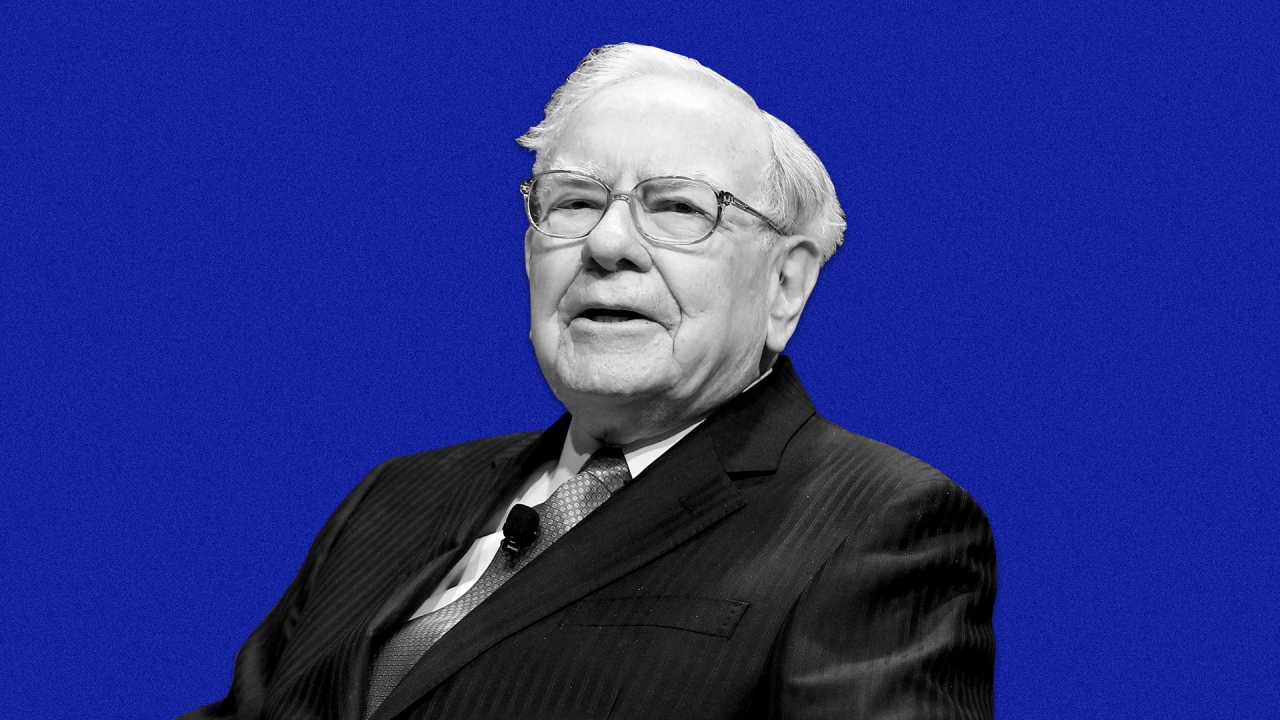
Moreover, his approach underscores a key investment principle: waiting for opportunities rather than chasing fleeting market trends. Buffett’s famous maxim of “being fearful when others are greedy, and greedy when others are fearful” has proven especially relevant in 2025’s unpredictable markets.
The stark contrast between Buffett’s performance and those of Musk, Bezos, and Zuckerberg also sheds light on the varying risk appetites and investment philosophies among America’s richest.
While Musk and Bezos have pushed aggressively into emerging sectors like electric vehicles, space exploration, and cloud computing, Buffett has remained steadfast in value investing and capital preservation.
This divergence has led some analysts to question whether the tech billionaires’ losses are a correction following years of unprecedented growth fueled by speculation and hype. Others see Buffett’s gains as a testament to the enduring power of traditional investing wisdom amidst the frenzy of innovation-driven markets.
Investors watching these developments may take lessons from Buffett’s example, reconsidering the balance between chasing growth and protecting capital. The events of 2025 have reminded many that even the wealthiest are not immune to macroeconomic shocks and policy-driven volatility.
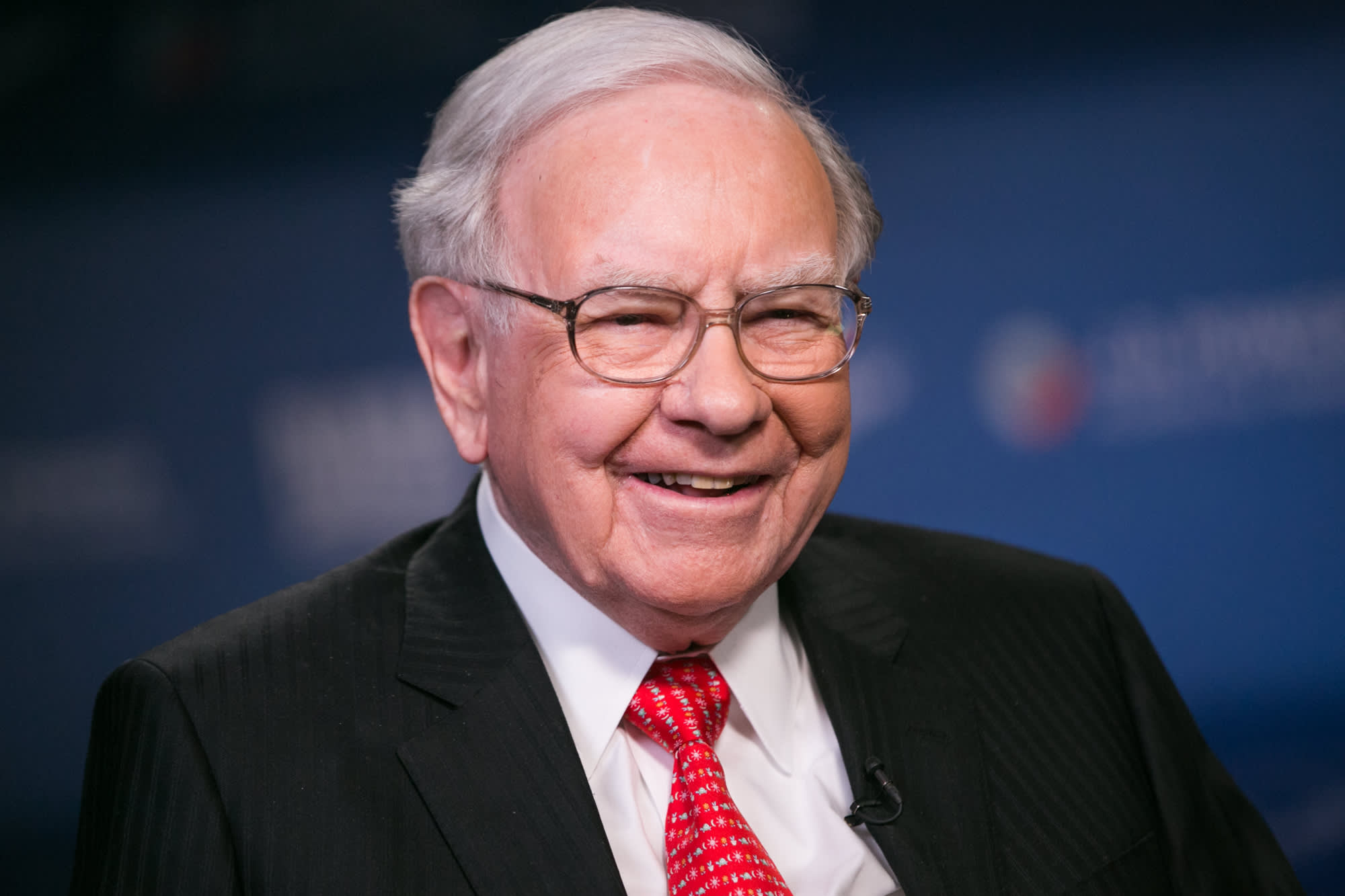
Trump’s tariffs, intended as a bold economic move, have thus had ripple effects far beyond the sectors directly targeted. They have reshaped investor sentiment, altered corporate valuations, and shifted wealth among America’s elites.
As for Musk, Bezos, and Zuckerberg, the path forward remains uncertain. Their companies face ongoing challenges from regulatory scrutiny, supply chain constraints, and evolving consumer preferences that could further impact their fortunes.
Yet these losses, while severe, are not necessarily permanent. The dynamism that built their empires suggests they may rebound, adapt, and continue to shape the technological landscape in coming years.
Buffett’s example, however, serves as a sober reminder of the benefits of caution and long-term thinking in an era of rapid change and geopolitical uncertainty. His ability to increase wealth amid a market rout highlights the value of steady stewardship over aggressive risk-taking.
The financial narrative of 2025 so far is thus a tale of two approaches: the high-stakes gambles of tech innovators versus the measured patience of a seasoned investor. Each has its merits and vulnerabilities, but in the current climate, prudence has been rewarded.
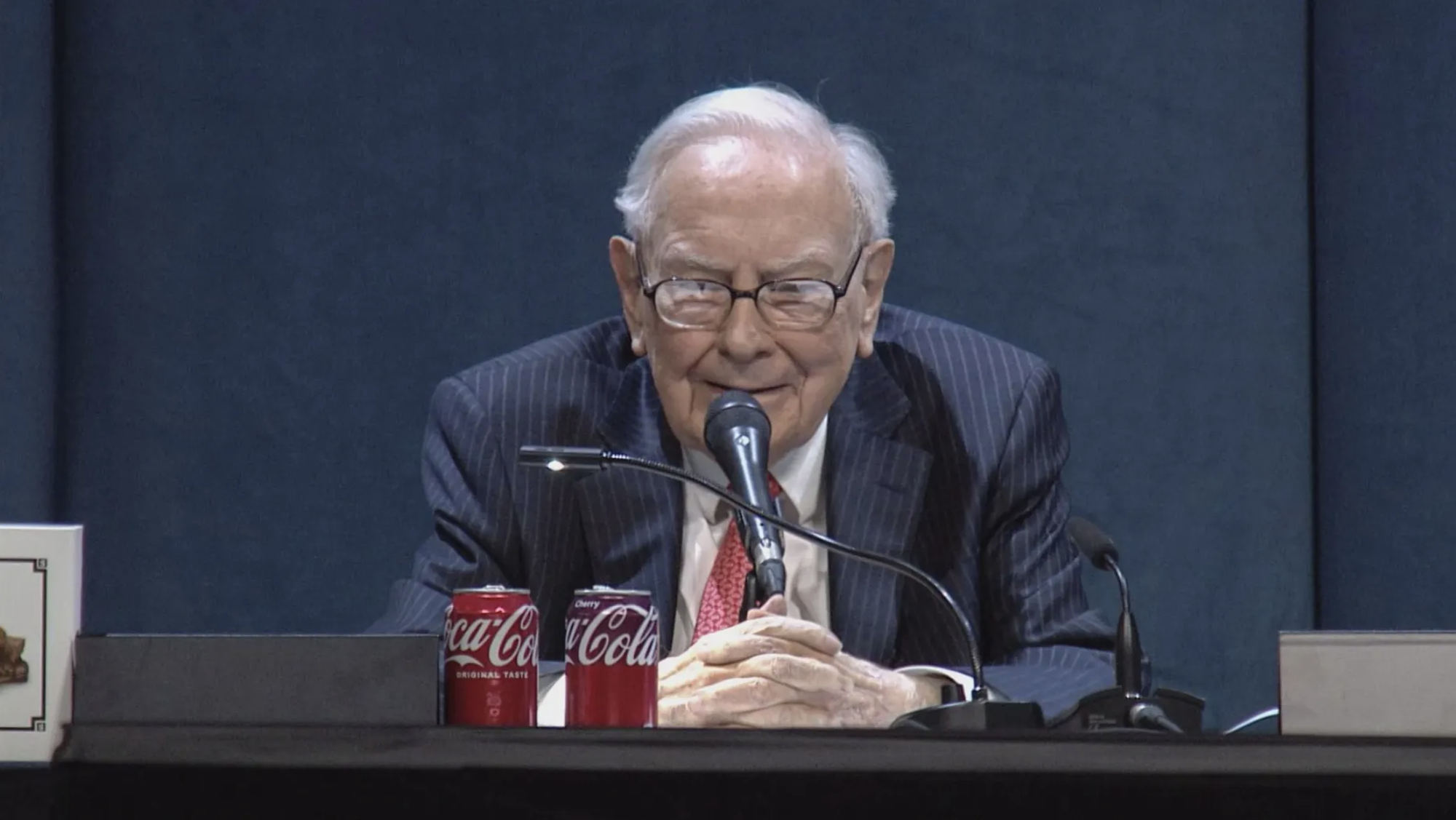
As the global economy continues to react to policy shifts, trade tensions, and technological disruptions, the fortunes of America’s richest will likely continue to fluctuate. Those who can blend innovation with disciplined risk management may emerge as the ultimate winners.
In the meantime, Warren Buffett’s rise amidst the turmoil is a compelling story of resilience and strategy, standing out as a beacon of stability in a year marked by upheaval.
For investors and observers alike, the contrast between the fates of these billionaires offers valuable insights into managing wealth and navigating uncertain times.
It also reminds us that behind the headlines of extravagant losses and gains lie deeply personal decisions about risk, patience, and vision that define the paths of these financial titans.
In sum, 2025 has reshaped the billionaire landscape, with Warren Buffett’s cautious approach proving to be the winning formula against the backdrop of Trump’s tariffs and global market volatility.
As the year unfolds, the eyes of the world will remain fixed on these figures, watching to see who can best weather the storm and capitalize on the opportunities that emerge.
